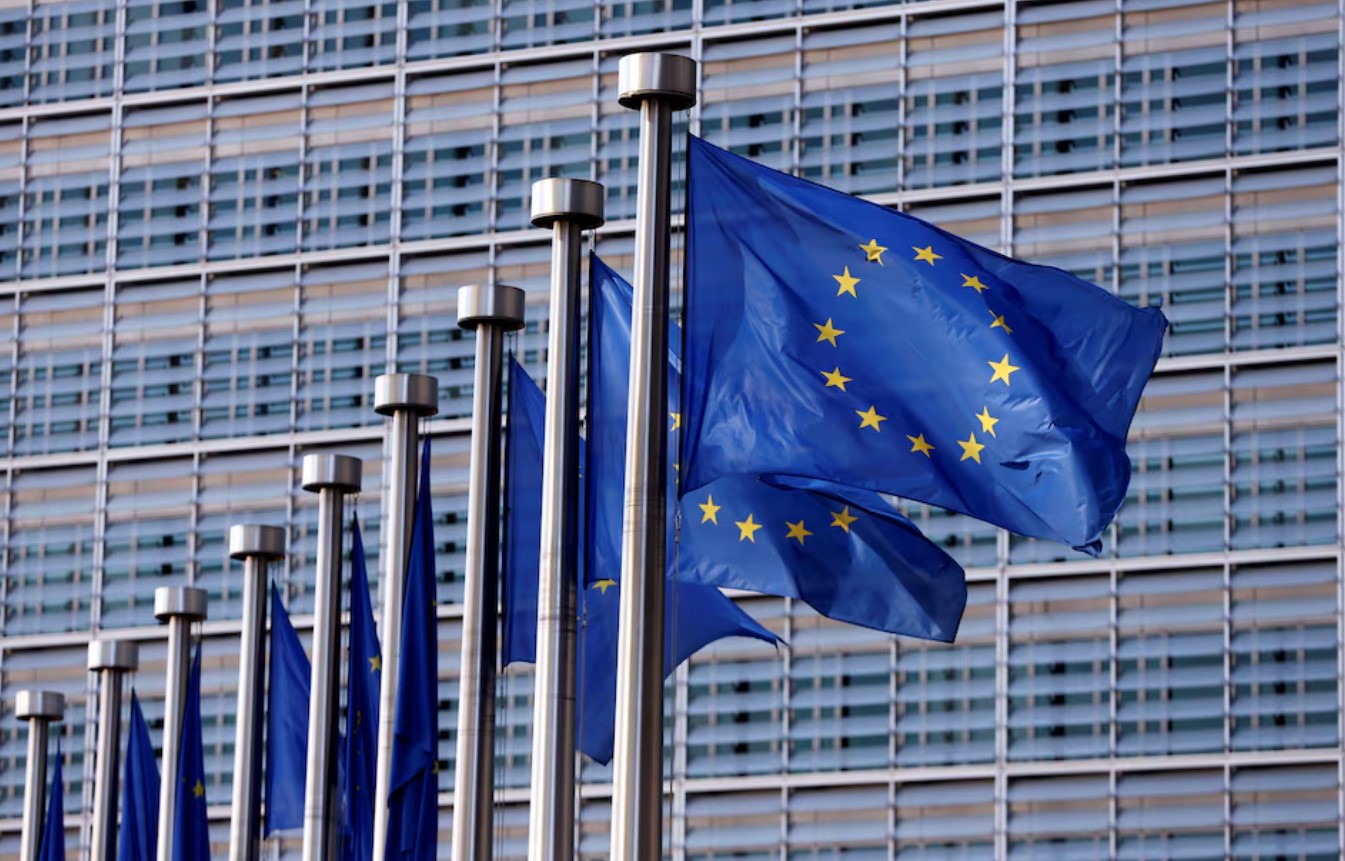The European Parliament is pushing ahead with efforts to simplify EU rules, reduce bureaucracy, and support small and medium-sized enterprises, aiming to create the conditions for stable and sustainable growth across the bloc.
Following calls for simplification after the 2024 European elections, several so-called “omnibus” legislative packages are under discussion, covering defence, agriculture, investment, the single market, and the digital transition.
European Parliament president Roberta Metsola told EU leaders on October 1 that the simplification initiative means “more jobs, more stability and more security,” stressing that the goal is to make life “better, fairer and easier for industry, for families, for farmers.”
Parliament has reacted swiftly to the European Commission’s proposals, adopting a series of measures to ease the administrative burden on companies while maintaining environmental and safety standards.
One of the most significant changes concerns the EU Carbon Border Adjustment Mechanism (CBAM), adopted in 2023 to prevent carbon leakage in sectors such as cement, iron, steel, aluminium, fertilisers, and electricity.
The rules were adjusted in 2025 to reduce the administrative burden on small importers, with 90 per cent of them now exempt.
Despite the exemptions, 99 per cent of CO2 emissions from key imports will still be covered, ensuring that climate goals remain intact. Parliament formally adopted the simplification of CBAM on September 10.
In parallel, MEPs reached an agreement on September 23 with EU governments to simplify the InvestEU programme, the Union’s main investment vehicle.
The changes are expected to mobilise an additional €50 billion in investments in clean technologies, digitalisation, and sustainable infrastructure.
Once confirmed in November, the agreement is set to inject new momentum into Europe’s economy and strengthen support for small businesses and innovators.
The Parliament is also working to reduce red tape for farmers, with new rules that could save up to €1.6 billion a year in administrative costs for farmers and €200 million for EU countries, according to Commission estimates.
The proposal introduces greater flexibility for those already complying with EU agricultural rules, offers a one-off €75,000 payment to help small farmers expand their business, and adds animal disease outbreaks to the list of events eligible for rapid aid. Adoption is expected by November 2025.
Meanwhile, the EU has decided to give battery producers more time to adapt to the bloc’s sustainability requirements.
Under the new regulation, due diligence obligations will now take effect in August 2027, two years later than initially planned, a move intended to give manufacturers time to adjust their supply chains in the fast-evolving electric vehicle sector.
In the area of defence, efforts are under way to streamline procedures, boost investment, and simplify procurement rules, creating a more predictable framework for the European defence industry. Negotiations between Parliament and EU governments are ongoing.
Further simplification is also being pursued in EU chemicals legislation. The updated framework aims to make safety data more transparent and accessible, with a new EU-wide data platform to centralise key information.
MEPs are due to vote on October 21 on whether to endorse the revised rules, which were agreed informally with member states.






Click here to change your cookie preferences